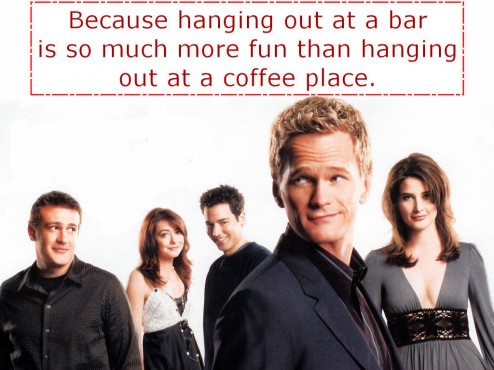 Which Ted? Ted from How I Met Your Mother, or Ted-Talks? While both are wonderful sources of inspiration, today I will using the former to introduce “Narratology”.
Which Ted? Ted from How I Met Your Mother, or Ted-Talks? While both are wonderful sources of inspiration, today I will using the former to introduce “Narratology”.
Narratology is the study of narratives, the stories lived and the stories told. The stories in one’s head, and the stories that become one’s reality. The story of you, the story of your people, your culture, your religion, the story of humanity, the story of the universe… stories surround us.
Roland Bathes, sums up narrative better than I ever could:
The narratives of the world are numberless. … Able to be carried by articulated language, spoken or written, fixed or moving images, gestures, and the ordered mixture of all these substances; narrative is present in myth, legend, fable, tale, novella, epic, history, tragedy, drama, comedy, mime, painting, stained glass windows, cinema, comics, news times, conversation … [and] narrative is present in every age, in every place, in every society… Caring nothing for the division between good and bad literature, narrative is international, transhistorical, transcultural. It is simply there, like life itself. [1]
Narrative is, in the words of another great narratologist Theodore R. Sarbin, our “root metaphor.” [2]
How I Met Your Mother has some of the cleverest scripting ever. Besides the fact that it has me laughing, and that it has even had me in tears (when Ted got hit by the car), my favourite thing about this show is the way they play with narrative.
In case you haven’t seen it, every episode is told from told from the viewpoint of a father in 2030 telling his children “how he met their mother”, recollecting his friends’ stories from and seemingly never getting to the part where he actually meets their mother. Episodes don’t always follow exactly on from one another and stories are played out as they would be told – with parts forgotten, exaggerated and imagined. Stories within stories within stories are told from individual people’s different perspectives, capturing many truths about our culture, social nuances, fantasies and life issues.
This is one of my favourite examples… “Blah Blah” and the hot-crazy scale!
[youtube]http://www.youtube.com/watch?v=5zADosF3XoQ[/youtube]
Ok, so if you are a keen follower of this blog, you will notice that (once again) I am jumping eclectically from one topic to another. The other day I introduced my plans for studying philosophy, and now I’m talking narratology. Where is my structure? My staged methodolic organised research? It might make no sense to anyone else but it is there, somewhere in my unconscious and subconscious mind, I just haven’t identified it yet.
My approach to research is more intuitively led – and I like it this way, it keeps things fun. I’m also interested the application of the concepts I’m studying – rather than just the theory. The different theories I’m reading about seem to overlap and shine lights on each other.
What does narratology mean for philosophy and religion and big history? What does Social Construction Theory have to do with Faucault’s Discipline and Punish, with power, structure and agency? What does this have to do with our ecological trajectories? What does this mean for me, and the life I am living? These are the sort of questions going through my head.
It might seem mind-boggling, with complicated topics layered upon one another, but I get bored easily, and this keeps me entertained. I would much prefer move organically through the literature, reading whatever topic makes me excited in a moment, rather than over-indulging in one of them and moving sloggishly onto the next. How this pans out in pulling together a large body of academic work… I suppose I’ll just have to wait and see.
As I learn about these very interesting mind-twisting concepts, I will share them. If you get lost in my brain, in the hopping from one topic to another, then I appologise – it probably means I’m just as lost as you!
Long story short – if you haven’t met Ted then you should meet him soon!
References:
[1] Barthes 1966 essay Introduction to the Structural Analysis of Narratives, quoted in Michael J Toolan, Narrative: A Critical Linguistic Introduction (London: Routledge, 1988). p. 6.
[2] Theodore R. Sarbin, ‘The Narrative as a Root Metaphor for Psychology’, in Sarbin ed., Narrative Psychology : The Storied Nature of Human Conduct (New York: Praeger, 1986b).

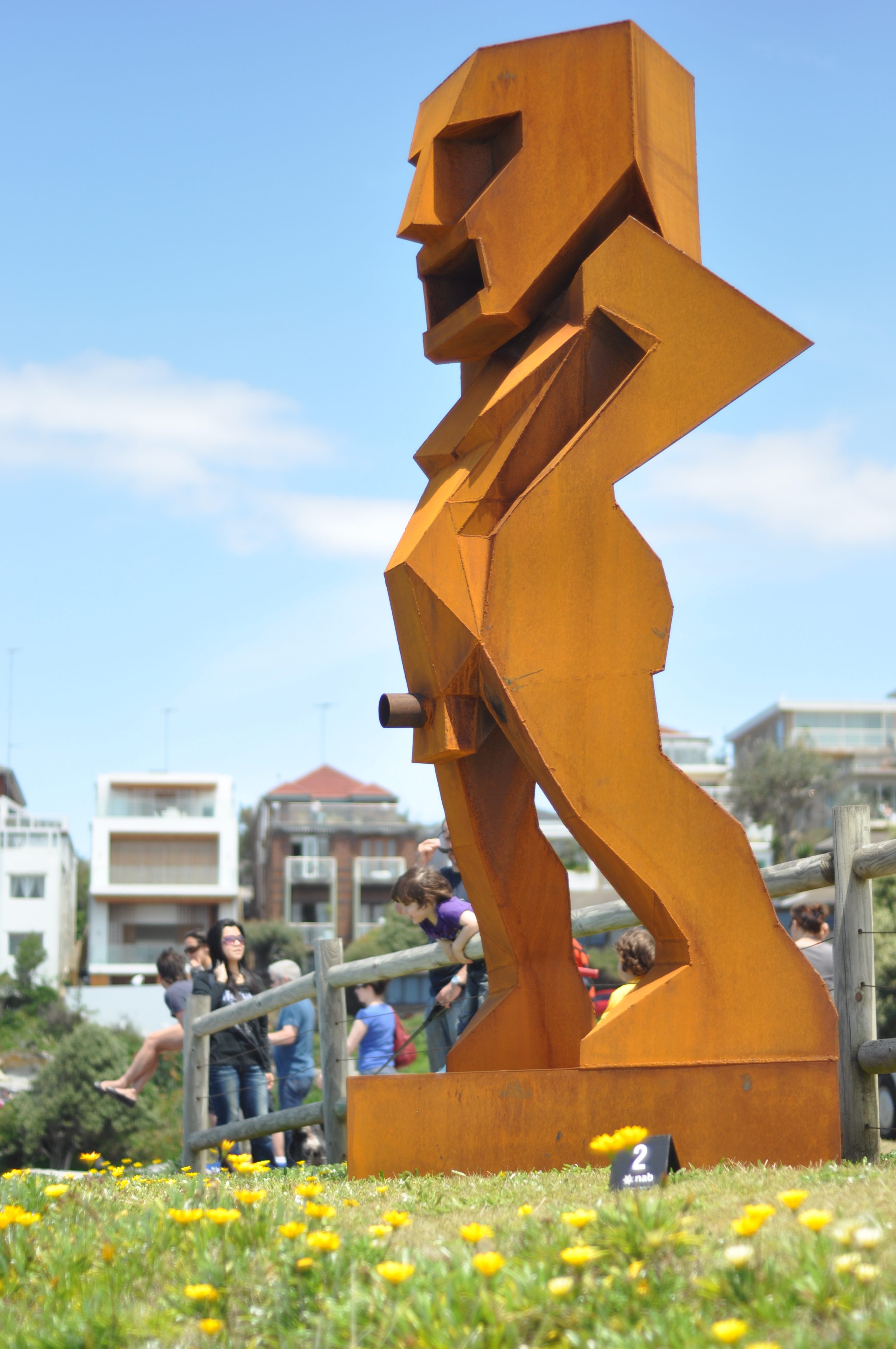
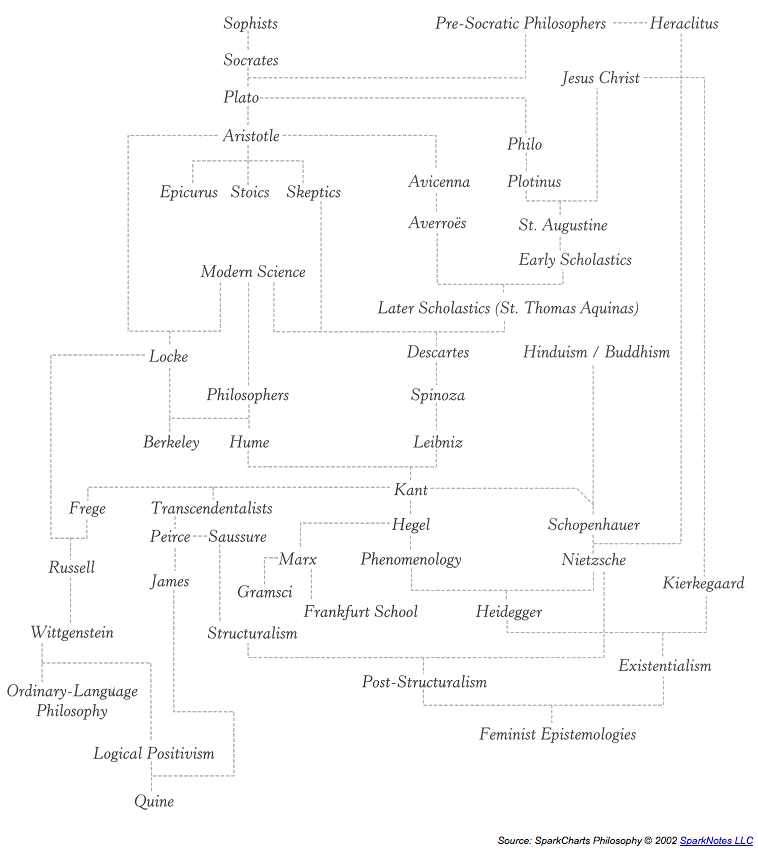



 Why do you get up in the morning? Does an answer come into your mind straight away? It does for the people in Okinawa, and it thought to be one of the key factors in their longevity – estimated to lengthen the lives of the people by 7 years! Ikigai is kind of like the French raison d’etre – ‘a reason for being’. It could be a creative passion, your relationships, your job… Everyone has a ikigai, even if you don’t know it yet.
Why do you get up in the morning? Does an answer come into your mind straight away? It does for the people in Okinawa, and it thought to be one of the key factors in their longevity – estimated to lengthen the lives of the people by 7 years! Ikigai is kind of like the French raison d’etre – ‘a reason for being’. It could be a creative passion, your relationships, your job… Everyone has a ikigai, even if you don’t know it yet.









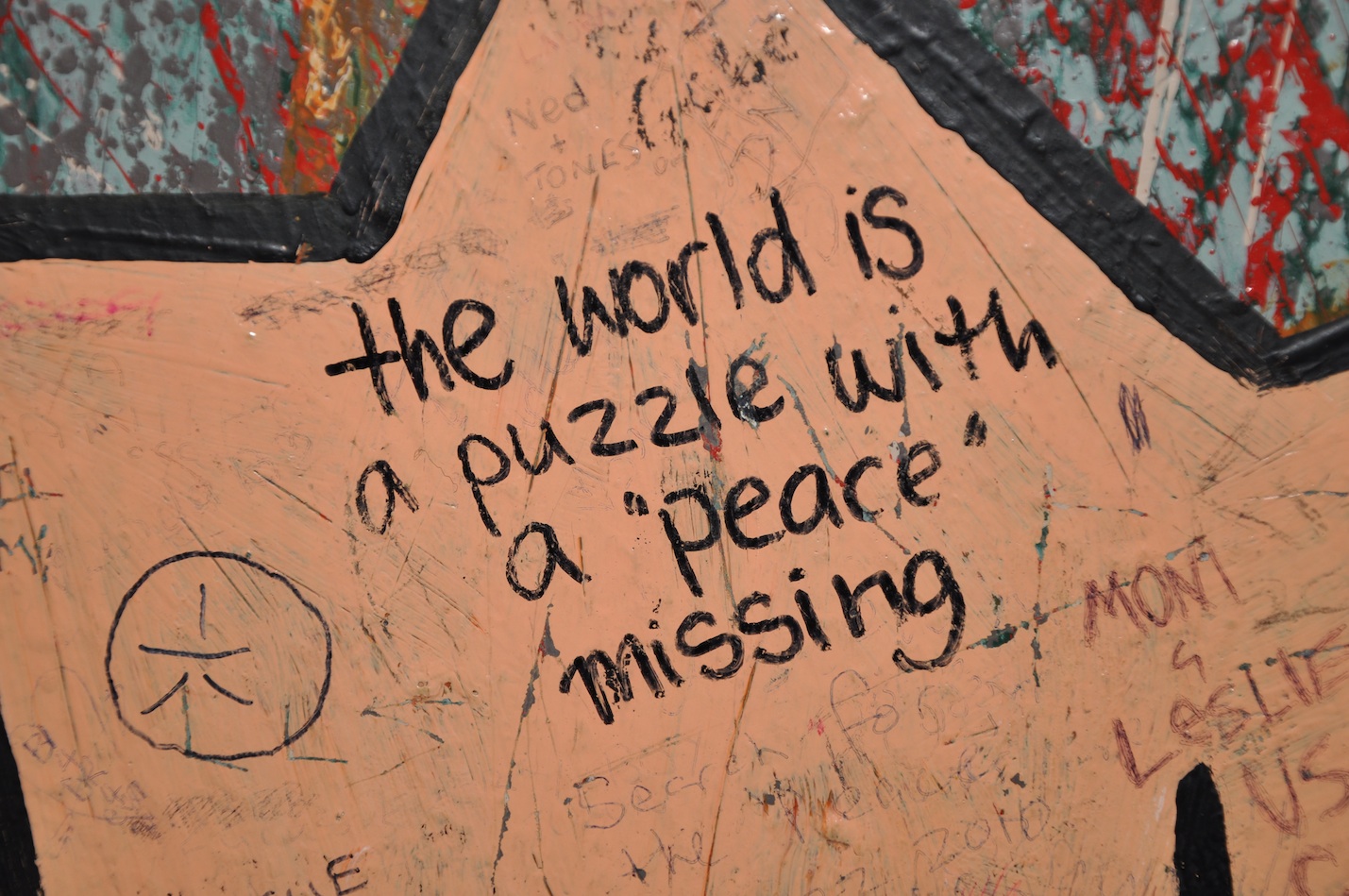

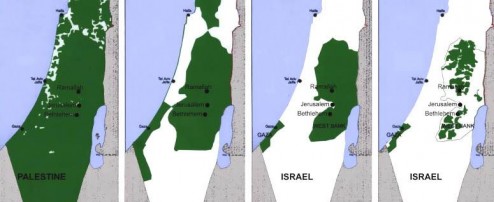 Today I got my first rejection from an academic journal I submitted a paper too.
Today I got my first rejection from an academic journal I submitted a paper too.